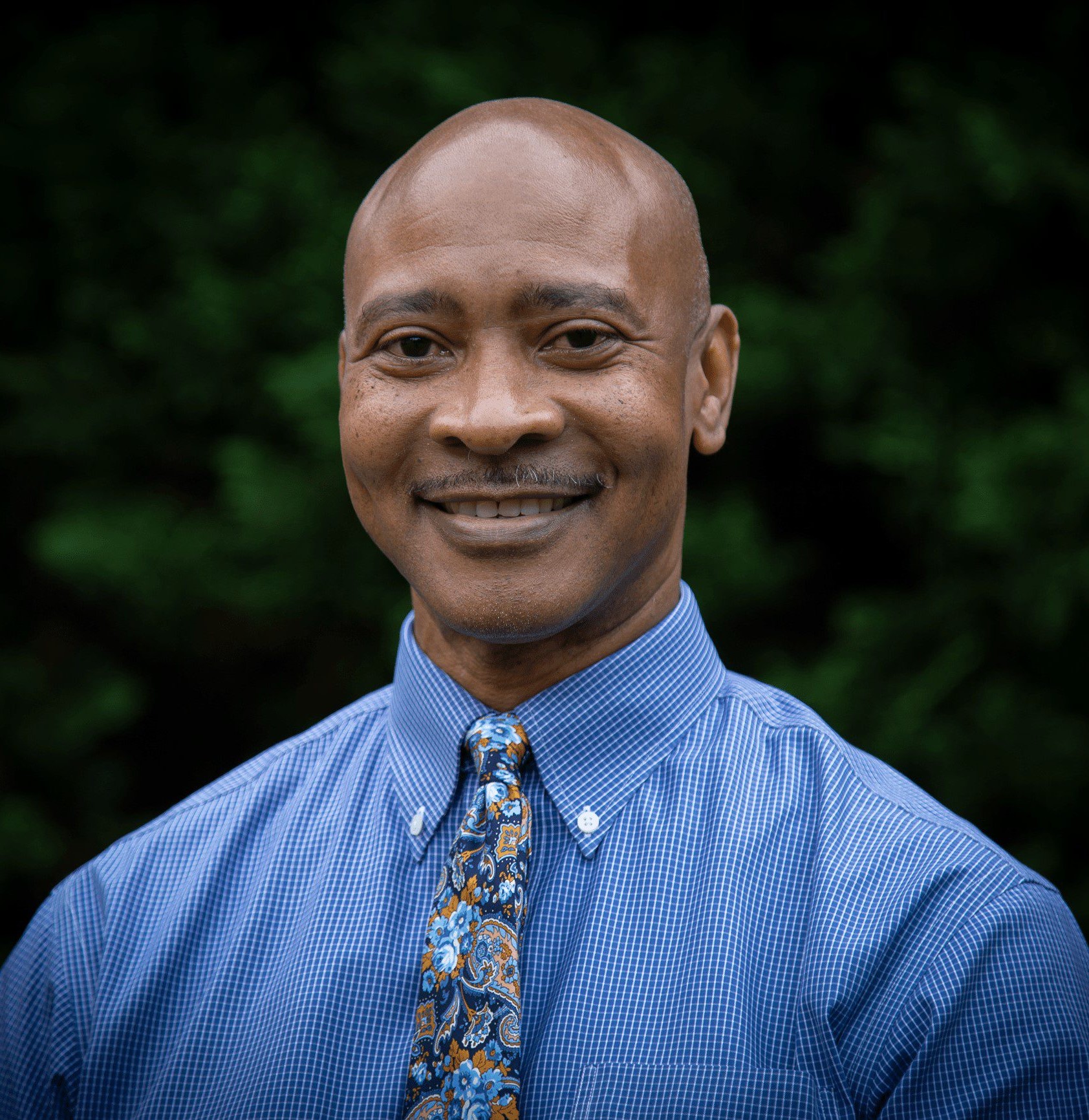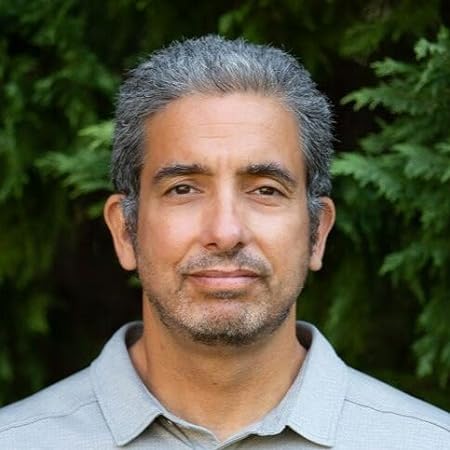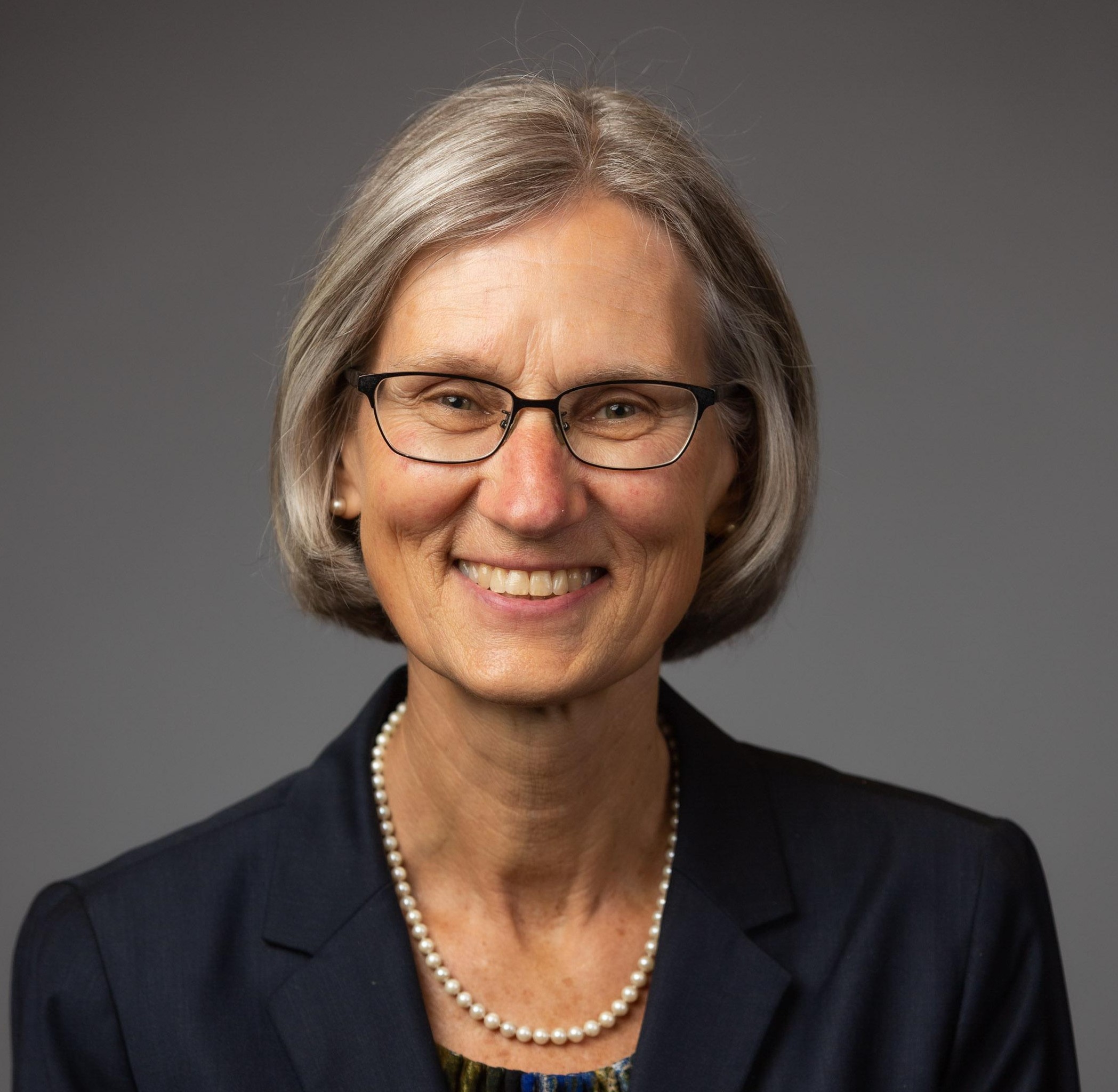Civil Discourse and Democracy
Deepening understanding of how public debates shape--and are shaped by--policymakers, higher education, and the media.
Civil Discourse and Democracy aims to provide an interdisciplinary experience for students seeking to deepen their understanding of how public debates shape–and are shaped by–policymakers, higher education, and the media. Students from a variety of ideological viewpoints will grapple with a few overarching questions, including: How does the 1st Amendment impact how we think about and practice civil discourse? How can leaders from various corners of a democracy both engage in and promote civil discourse? How has the fraying of civil discourse impacted the practical workings of our democracy? What are some possible solutions to the civil discourse crisis facing the United States?
This experience is many things in one, including:
- a chance to see civil discourse through multiple, distinctive societal and institutional lenses.
- an arena for developing leadership skills and values.
- a place to learn public speaking skills, with a focus on articulating and defending your sociopolitical positions in the real world.
- an opportunity to understand how technology has impacted civil discourse.
- a place to explore and analyze civil discourse in societies all over the world.
- a 7-10 day international field experience, which will include visits with lawmakers, media executives, academics, and others who are invested in how public discourse plays out in that country.
Civil Discourse and Democracy draws on the expertise of the Civic Life and Thought Initiative and Friends for Duke and engages with faculty from across Duke’s campus to include perspectives and approaches to the topics of the program from other departments.
FAST FACTS:
Locations:Durham, NC and England
Term: Spring 2026
Dates: January 2026 – May 2026, specific dates forthcoming
Application Deadline: October 1, 2025
Academic Themes: History, Public Policy, Journalism, Law, Education, Ethics, Economics, Political Science
Eligibility: Students must have taken WRITING 101; non-Duke students matriculated at Duke are eligible for this program.
Program Fee
Participants are required to pay a program fee of $1,500 in addition to regular Duke tuition, fees, and room and board. This fee covers all program costs, including airfare. Financial aid packages may be used to cover these costs; if you have any question or concerns about your financial aid package and how it applies, please reach out to the Karsh Financial Support Office directly (finaid@duke.edu); Karsh counselors are familiar with Duke Immerse and can answer your questions.
Courses
Students accepted into Civil Discourse and Democracy will receive the permission numbers needed to enroll in this set of Duke Immerse courses. Enrolled students must take the four courses outlined below. No underloads are permitted. (One Duke semester course credit is equivalent to four semester hours.)
Course numbers: JAM390S; PUBPOL 290S
Curriculum codes: CZ, EI, W
Course Description: The American Experiment is just that—an experiment. Throughout its 247-year history as a nation, that experiment has seen stretches of stability as well as long seasons of profound discord (such as the Civil War). Our current era is clearly an example of the latter. The national government often appears to be in disarray. Religious institutions have ceded their moral authority. So has the news media, which is the focus of this course. The lack of trust in the news media has had a direct impact on how we talk about the issues that roil us most — healthcare, race, income inequality, international conflicts, and education, among many others. Those are among the issues we will examine in this course as we seek to answer questions such as: Should the news media drive our national conversations, or should it simply reflect them? Should journalists be advocates or simply truth-tellers? How has technology impacted how our news is delivered, and by extension, impacted civil discourse? And are there any solutions to be found?
Instructors: Buckley
Course numbers: JAM 390S; PUBPOL 290S
Curriculum codes: CZ, EI, R, W
Course Description: Many college students, faculty, and staff have expressed their concern and actual outrage at the fact that their schools have invited/allowed controversial speakers to visit their campuses. Needless to say, hearing offensive, rude and sometimes hateful speech can be challenging–especially for a college student, trying to focus on academic work and co-curricular activities.
Meanwhile, many colleges and universities have justified these visits, pointing to how these opportunities contribute to a landscape of a free exchange of ideas while preparing students for the “real world” to come after college. Other schools have committed to creating safe spaces on their campuses where faculty, students, and staff can expect to be protected from microaggressions, receive trigger warnings, and not have to be subjected to “inflammatory” speakers.
In this course, students will review the history and philosophy of the free speech component of the 1st Amendment and examine the way in which the US Supreme Court has ruled over the years in free speech cases. Students will then have the opportunity to fully consider the various approaches campuses have recently taken to dealing with free speech issues, including controversial speakers. Finally, students will be asked to represent a particular side of a free speech case, writing and presenting an appellate argument to the “Court.”
Instructors: Wasiolek
Course numbers: JAM 390S; PUBPOL 290S
Curriculum codes: EI, R
Course Description: This course will explore normative notions of the “public sphere” and how it should factor into the democratic process. In exploring both historical and contemporary versions of the public sphere, this course will also explore related concepts such as “public deliberation” and “public opinion,” how they have been conceptualized, defined, and measured over time; and how they affect — and are affected by — public policymaking. Finally, this course will spend a substantial amount of time exploring the dynamics of the contemporary digital public sphere, how it has evolved, how it is structured, and its implications for civil discourse and the democratic process.
Instructors: Napoli
Course numbers: WRITING 384; PUBPOL 384
Curriculum codes: W
Course Description: This course explores the theoretical and practical elements of effective communication through civil discourse. We explore successful speechmaking skills, positive interpersonal interactions, courteous intercultural communications, and memorable public presentations. Whether focused on political endeavors, global challenges, charitable initiatives, social activism, philanthropic visions, corporate presentations or unique occasions, presentation skills serve as a powerful tool by which to respectfully make your case. While the focus of our work is on efficient oral communication and effective skills of exposition (both in large public speaking environments, and equally importantly, in smaller interactive exchanges), you will also learn the intricacies of compelling arguments, courteous debate, powerful written exposés and influential speech writing. We will also focus on the human dimensions of the communication process: vocal intonation, body behavior, audience evaluation, focus, control, distraction, and self-awareness. Using in-person techniques as well as onscreen presentations and virtual interviewing skills, you will learn to engage a variety of audiences, and you will develop intercultural communication skills. Finally, we will analyze and present speeches that have had a political and social impact on societies in transition or crisis; dissect debating techniques; and explore the public fields in which speechmaking and communication are central to success.
Instructors: Byerly
Lead Faculty

Stephen Buckley
(Lead Faculty Director), the Eugene C. Patterson Professor of the Practice of Journalism and Public Policy, Sanford School of Public Policy

Philip M. Napoli, Ph.D.
James R. Shepley Professor of Public Policy and the Director of the DeWitt Wallace Center for Media and Democracy

Ingrid Bianca Byerly, Ph.D.
Director of Duke's Humanitarian Challenges and Global Advocacy Focus cluster and facilitator of Public Speaking courses affiliated with the Thompson Writing Program and the Sanford School of Public Policy

Sue Wasiolek, Ed.D.
Adjunct Associate Professor of Education
Program contacts: Email Duke Immerse Program Director Susan Pratt (pratt.susan@duke.edu) for more information or if you have questions.
Apply
All students who are interested are encouraged to apply; accommodations and opportunities will be made for students who are unable to travel. We welcome Durham-based DKU students and UNC Robertson Scholars to apply. Please complete the online application using MyGlobalEd.